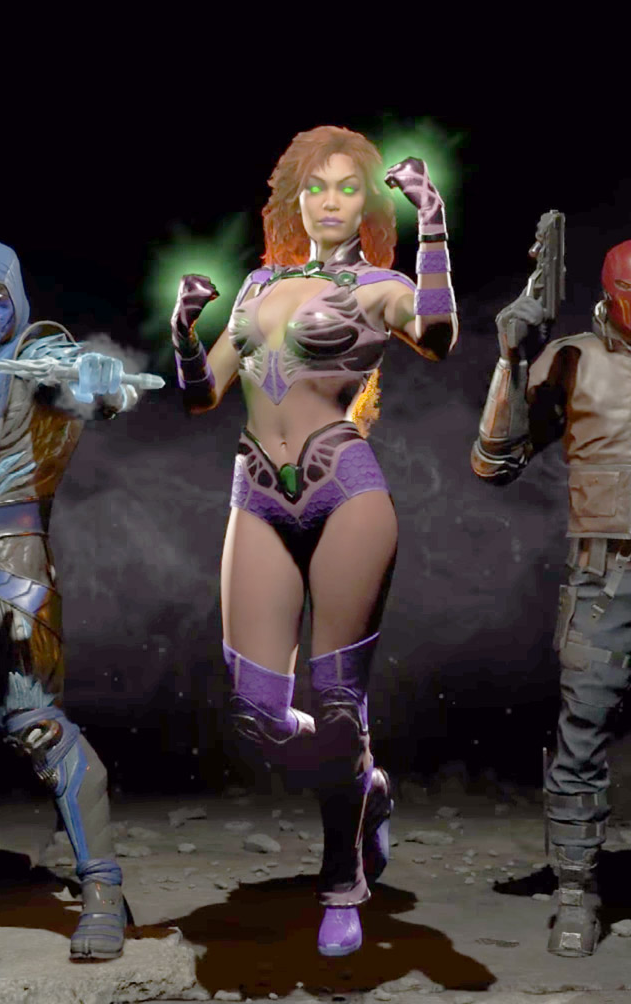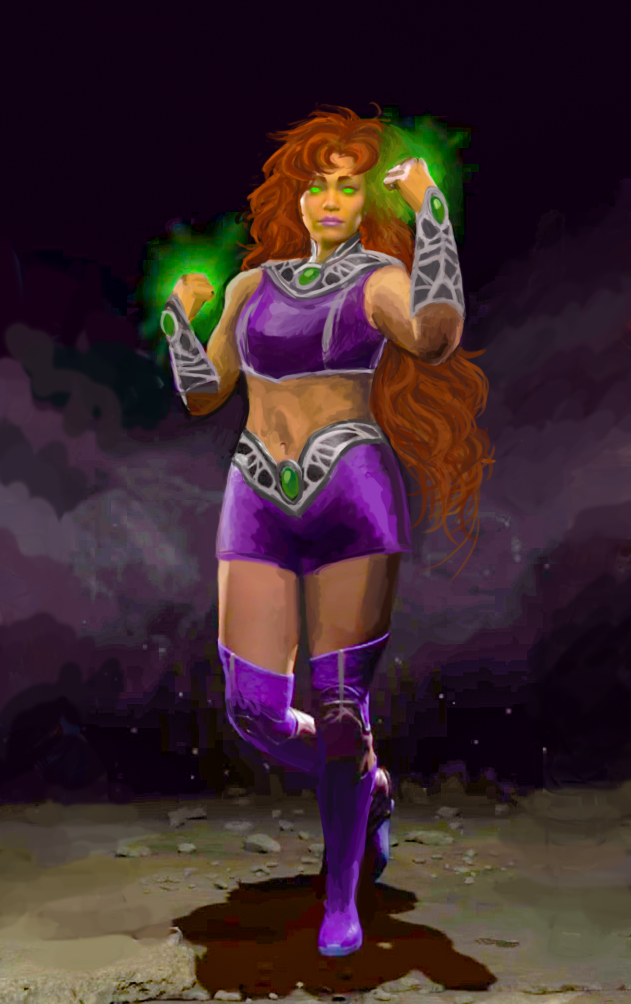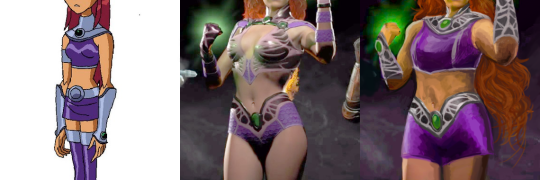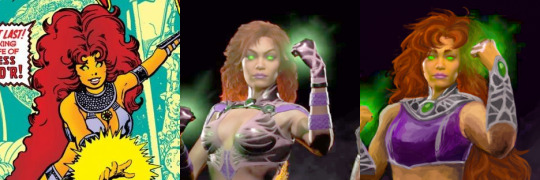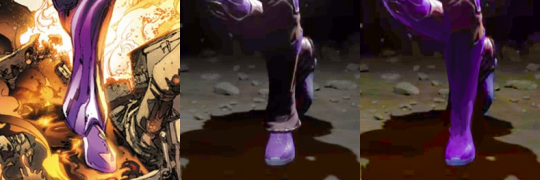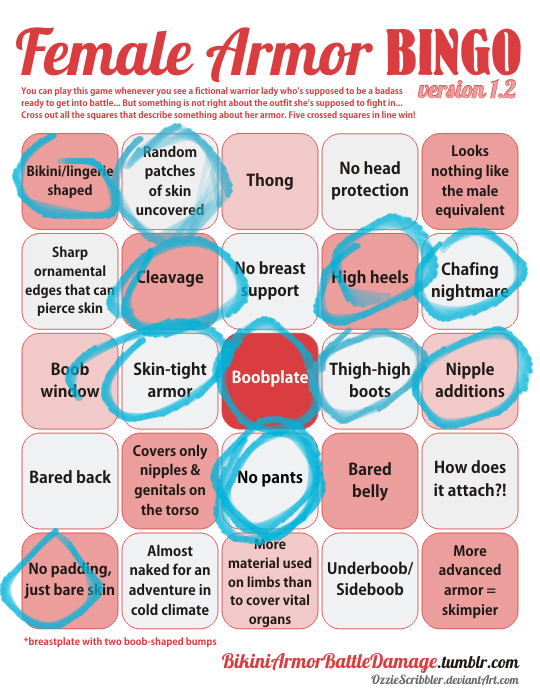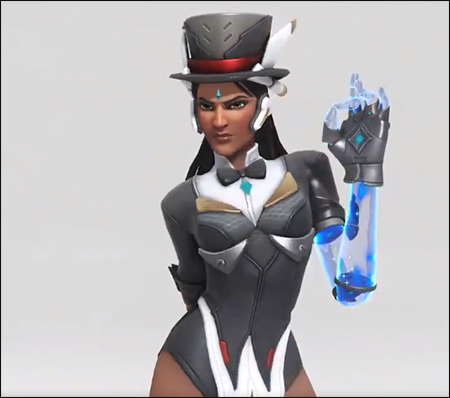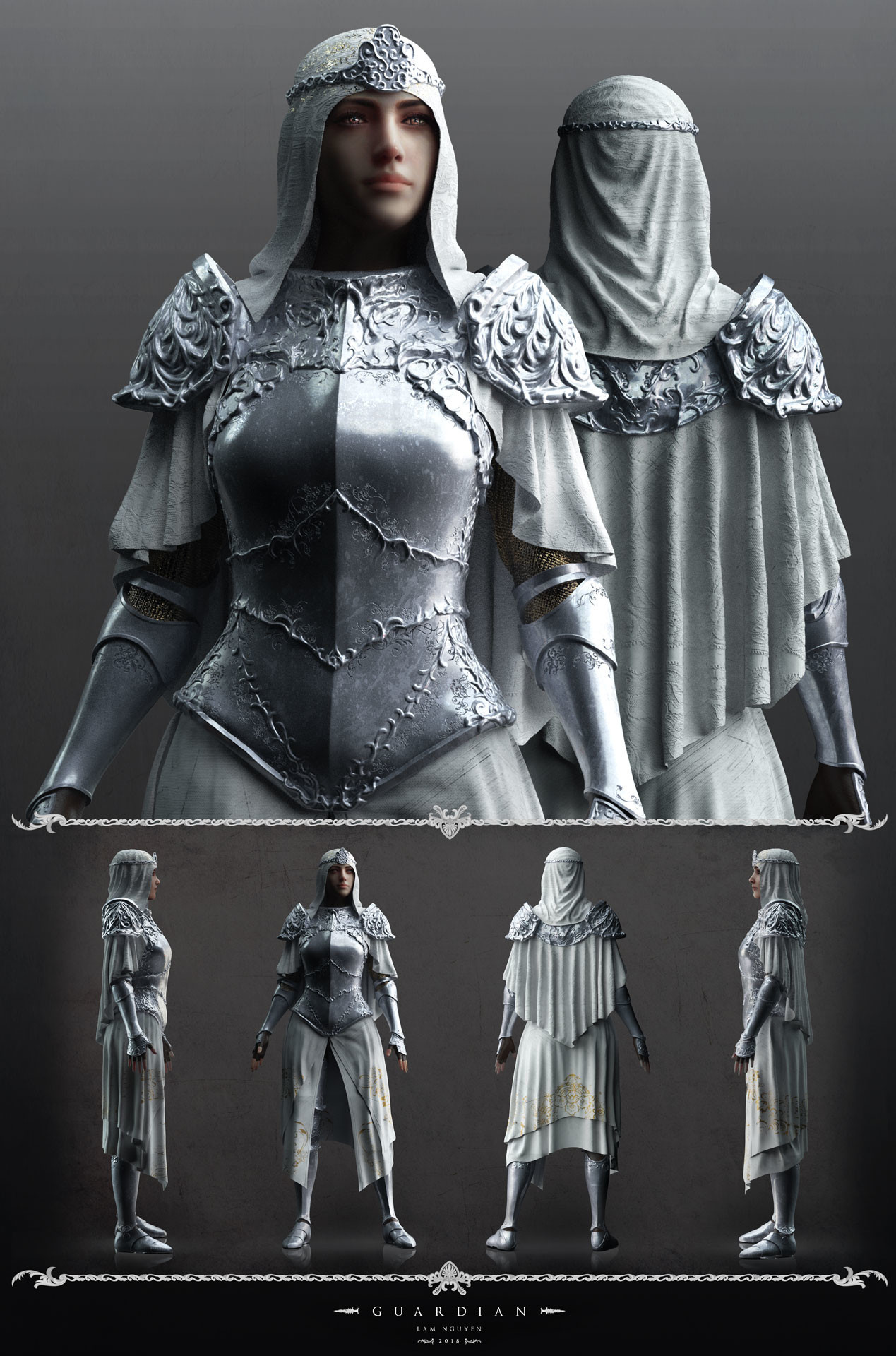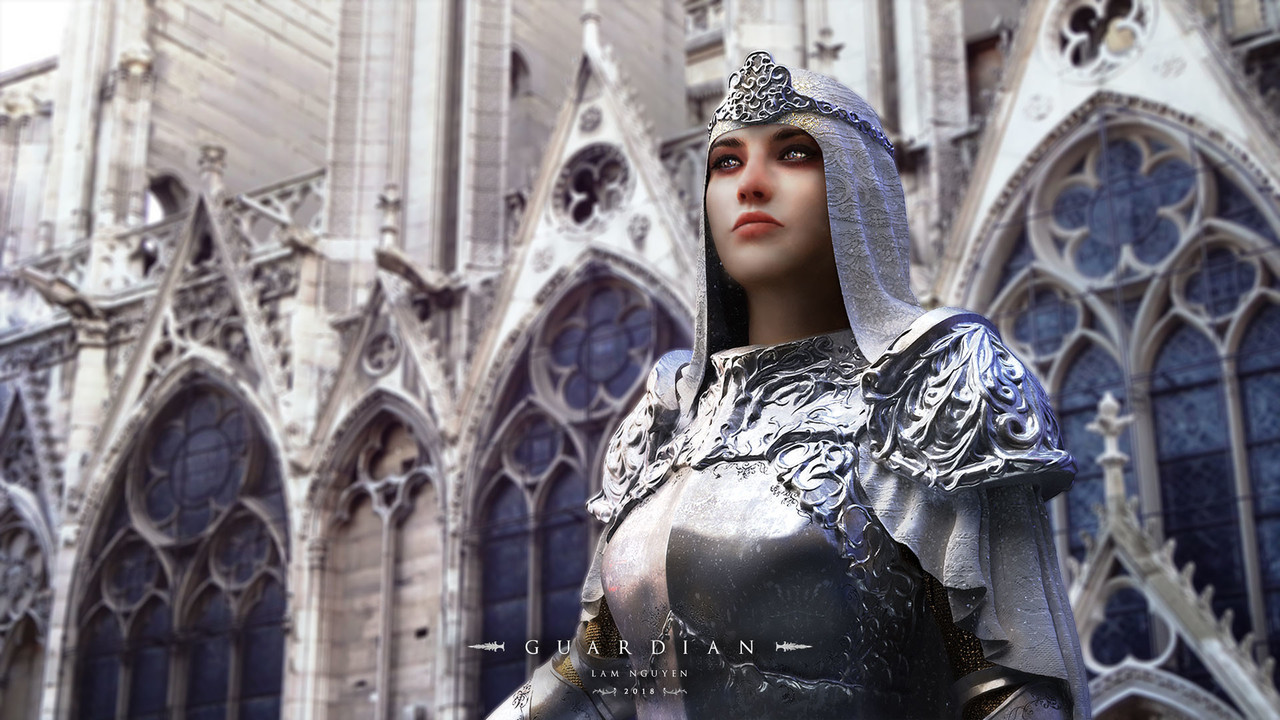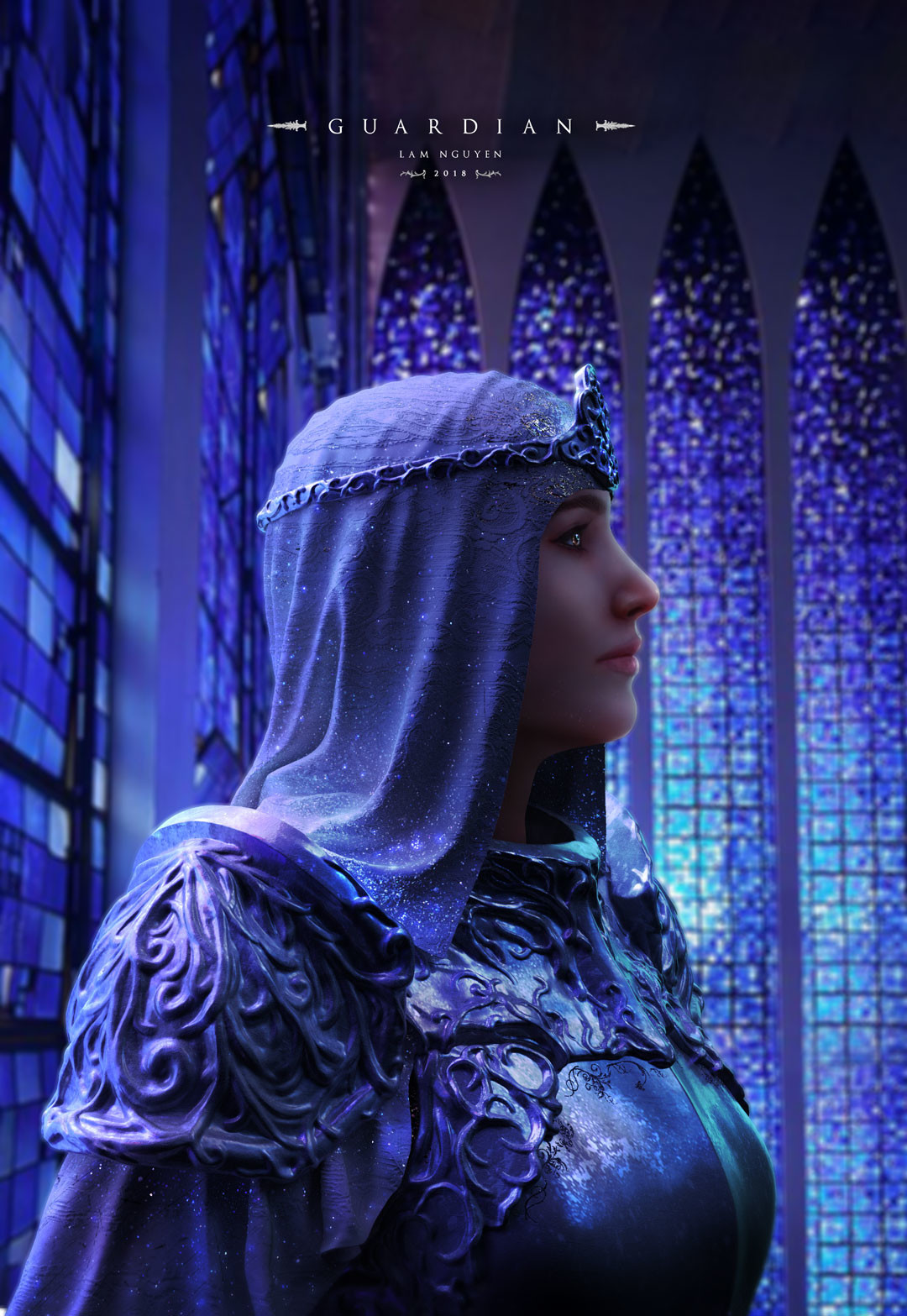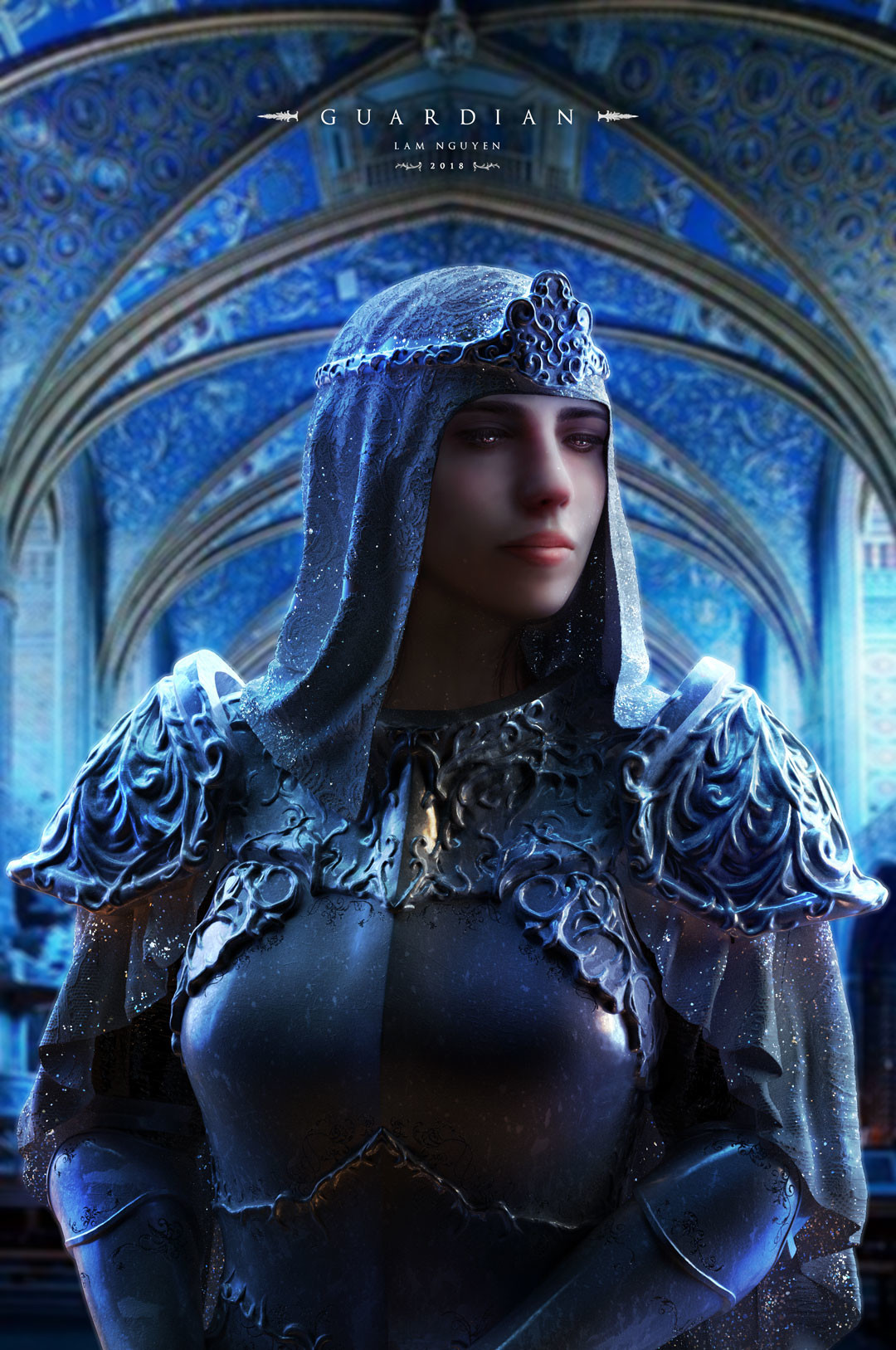Because fictional characters do not have the capacity to make choices. Because they are not REAL people.
Power Girl and Starfire did not CHOOSE to fight evil in skimpy, revealing outfits. It is not their PERSONAL CHOICE to wear those clothes. They are fictional characters and their wardrobes are under the control of the author and artist.
Dumbledore did not CHOOSE to stay in the closet as a personal and professional choice because that was his right as a person. He is a fictional character. The fact that his sexuality was left at only vague subtext and only revealed through word of god was a deliberate decision made by the author.
Fictional characters are fictional characters. They do not make their own choices.
Addendum to the rule: for the same reasons, you can not argue that criticism “shames” a character for their appearance or behavior.
And just for the record, seeing what kind of responses this post received before we got to reblog it: NO, the fact that fictional characters tend to grow and take a life of their own still does not mean they have agency.
No matter how developed a fictional person is, they’re still written by a real person (or people) who have their own biases and rationalizations. Just because some “choices” feel natural to the author doesn’t mean they’re objectively plausible “choices” for a character to make within the given narrative.
Sometimes the choice, like (in case of what our blog critiques) decision to wear a sexualized costume to battle, can be explained by specific circumstances. But in most circumstances or with other explanations, the same choice can be plain silly and inconsistent with the rest of established story/worldbuilding.
~Ozzie
This week’s throwback: a timely reminder that yes, we still live in a world where fiction doesn’t merge with the reality, so no, fictional characters do not possess free will that lets them personally decide what to wear and how to behave.
Each and every “choice” a character makes is 100% responsibility of their real, living creator(s). Thus criticizing how fictional people are designed or written isn’t the same as personally attacking them.
To cite @foldablehuman‘s Thermian Argument video:
Criticism of a creative work is, ultimately, criticism of the decisions that people made when they were putting it together.
Essentially, there’s no point in getting offended on behalf of a person who doesn’t exist, especially in response to valid critique.
~Ozzie
